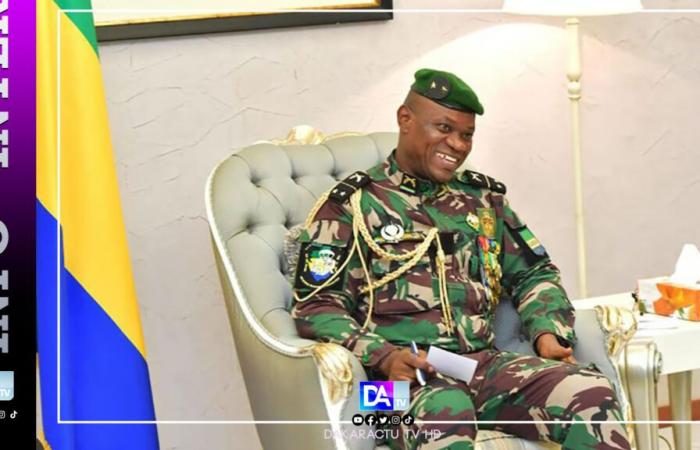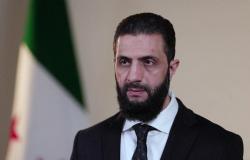General Oligui Nguema, author of a coup d’etat on August 30, 2023 which dropped the Bongo dynasty in power for 55 years, thus put an end to the 19 -month transition which he directed.
Praised unsurprisingly on April 12 with 94.85% of the votes for a seven -year term, he was invested in the Angondjé stadium, in front of around 40,000 people. The new president said he was measuring “with seriousness, the immensity of the charge that is the responsibility of him”.
In the wake of the election, the new head of state enjoys strong popularity. But in the aftermath of the investiture crowd, it faces many economic and social expectations.
– infrastructure and debt
Among the questions to be resolved, the electrical network, managed by the public company SEEG, has regular failures due to lack of investments, which nourish popular dissatisfaction.
The infrastructure deficit is glaring: there is a “highway management” but no highway. Despite the successive plans, only 2,000 of the 10,000 km of roads are “practicable”, according to official data.
Faced with this alarming inventory, the head of state presents itself as a “builder”. He prides himself on having launched or relaunched during the transition from many construction sites.
The construction of a North-Sud Bellinga-Booué-Mayumba railway line, the Mayumba (southwest) deep waters port and the Booué hydroelectric dam (center), are among the main major presidential projects.
But Tidiane Dioh, international consultant, specialist in sub-Saharan Africa, underlines the country’s debt which has continued to widen: 72.1% of GDP in 2023, 73.3% in 2024, 80% projection for 2025. Mr. Oligui promised in his speech to work with the IMF and the World Bank, “to better restore our external debt”.
– Governance and unemployment –
According to Dioh, the country must above all solve “the problem of employment, the problem of disparities between rural areas and urban areas and the problem of arrears of payment”.
If he judges that the recovery objectives are “within reach” of the new power, he nevertheless warns that “60 years of practices (of governance, note) cannot be erased at once”.
-Faced with endemic corruption, which could hinder his action, the president swore on Saturday to “put an end to impunity, corruption, laxity and laziness”.
Furthermore, confronted with the depletion of oil resources, Gabon would benefit from leaving “the annuity economy”. Even if oil, pillar of the economy, still generates billions of profits.
For François Gaulme, associate researcher at the French Institute of International Relations (IFRI), “there is always dependence on oil”. “You have to diversify the economy and it has never been done on a large scale,” he insists.
International financiers, they recommend reducing public spending, reassessing the tax base and enhancing the carbon credits of this country qualified by the World Bank “pioneer in terms of ecology”.
In addition, the president will have to meet the expectations of young people, struck by an unemployment rate of around 40%, and more than 60% in rural areas, according to official data. In Gabon, according to the World Bank, half of the population of around 2.3 million inhabitants under 20 years of age.
-State confidence-
In his program, Mr. Oligui insisted on the strengthening of “the training-employment adequacy to generate 160,000 jobs” outside of public administration. Already, he claims to have created 12,000 jobs in the private sector.
This career soldier has campaigned around six “pillars”: reform of the water and electricity sector, young people entrepreneurship, housing and transport infrastructure, social justice and human capital, sustainable development, reformed governance.
In addition to the interior issues, the president will have the task of putting the country back into the concert of nations.
On Wednesday, the African Union (AU) announced the lifting of the sanctions aimed at Gabon, which had been suspended from the Pan -African organization after the coup d’etat of August 2023. And in his speech on Saturday, Mr. Oligui revealed the ambition to welcome the summit of the African Union in 2027 and that of La Francophonie in 2030.
On Gabon 24, the Minister of Economy Mark-Alexandre Doumba said that “the return to constitutional order” was going to restore the confidence of donors.








